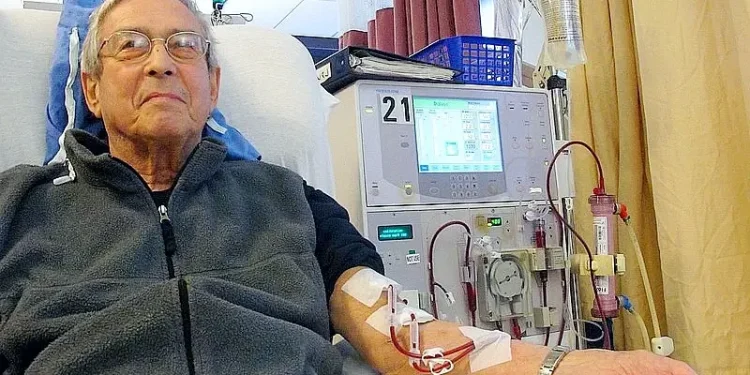Behavioral training techniques are revolutionizing pain management for people with dialysis-dependent kidney failure.
A recent NIH-funded study highlights the benefits of pain coping skills training (PCST), offering hope to those with limited treatment options.
Introduction
Chronic pain affects many of the 808,000 individuals in the United States living with end-stage kidney disease, 68% of whom undergo dialysis. These patients face limited options for effective pain management, with traditional methods like opioids often presenting significant risks.
In response, the National Institutes of Health (NIH) conducted the largest randomized controlled trial to date, demonstrating that PCST significantly improves pain outcomes and quality of life.
The Need for Non-Pharmacological Interventions
Managing chronic pain in dialysis patients is challenging. Opioid treatments, while common, carry heightened risks of side effects in kidney failure patients.
Alternative options are essential to address this gap while reducing dependency on pharmacological solutions.
Pain Coping Skills Training: A New Approach
PCST offers a structured, non-pharmacological intervention tailored to the needs of dialysis patients. Participants in the study underwent 12 weeks of virtual, one-on-one sessions led by trained coaches, followed by 12 weeks of automated voice response sessions to reinforce coping strategies.
Core Components of PCST:
- Skill Development: Techniques to manage pain, reduce anxiety, and improve sleep.
- Guided Practice: Real-world application of coping mechanisms.
- Behavioral Reinforcement: Continuous support to sustain benefits.
Results and Insights
The study enrolled 643 adults undergoing dialysis and experiencing chronic pain. Key findings included:
Metric |
PCST Group |
Usual Care Group |
|---|---|---|
| Reduction in Pain Interference | 51% | 37% |
| Improved Quality of Life | Significant | Minimal |
| Reduced Depression & Anxiety | Noticeable | Minimal |
These results underline the effectiveness of PCST in mitigating the impact of pain on daily activities and mental health.
Broader Implications
PCST’s benefits extend beyond pain management:
- Reduced reliance on opioids.
- Enhanced emotional well-being.
- Increased patient engagement in work and social activities.
The intervention’s high acceptability and safety profile suggest its potential as a standard care approach for dialysis patients. However, long-term reinforcement may be necessary to sustain its benefits.
Future Directions
Researchers aim to:
- Expand PCST’s availability in clinical settings.
- Develop strategies to prolong its effectiveness.
- Explore additional applications of non-pharmacological pain management techniques.
A Final Summary
Pain coping skills training marks a promising step forward for individuals with dialysis-dependent kidney failure, offering a safe and effective alternative to traditional treatments.
As healthcare providers explore this approach, it may lead to broader adoption and improved patient outcomes.
Sources: THX News & National Institutes of Health.









